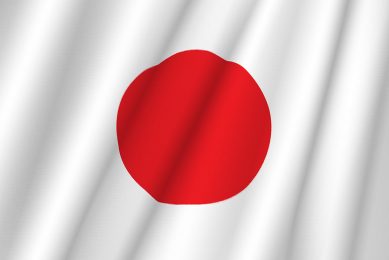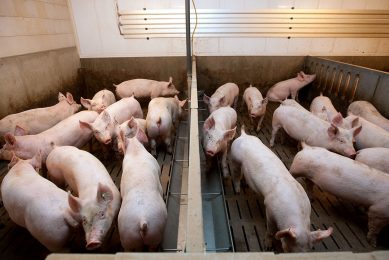Japan rejects GM corn for human food
Japan, the world’s largest corn importer has long had animal feed that uses genetically modified organisms, or GMO, but is still holding out against genetically modified corn for human food use.
But food makers in Japan are caught between US farmers demanding a higher premium for GMO-free corn. The rising costs and difficulty of dealing with modified corn separately from unmodified could also see more tie-ups in the industry.
“We’ve started to ask each of our customers in an interview whether and how much they can take,” said Yoshihiko Shikakura, senior managing director at the sales department of Oji Cornstarch, a joint venture between Oji Paper and the trading company Mitsui.
Use of GMO costly
Until recently, most corn processors have used only non-GMO crops to produce corn starch and corn syrup, a widely used sweetener, as some customers, mainly beer and drug makers, refuse to use GMOs. But smaller corn processors have already used non-separated cargoes, taking advantage of lax labelling laws for small quantities of raw materials in foods in Japan. Use of GMO could be costly for corn processors. If an unapproved GMO trait is found, importers, not exporters, are responsible to pay the extra cost to dispose of the unwanted material.
Larger companies
However, if Japan will approve the use of GMO in human food, Oji Cornstarch is already prepared to process the GM material. The company last year formed an alliance with Gun-ei Chemical Industry and another smaller rival. Being a larger company makes it easier to introduce GMO corn, as their enlarged businesses can allocate complete plants to handle GMO supplies separately.
Another group is also forming. Nihon Shokuhin Kako announced an alliance with Kato Kagaku in January, bringing together two of the top three processors, while a grouping of smaller processors is also possible. “The more the non-GMO premium rises, the more business alignment is formed here,” said Shikakura of Oji Cornstarch.











